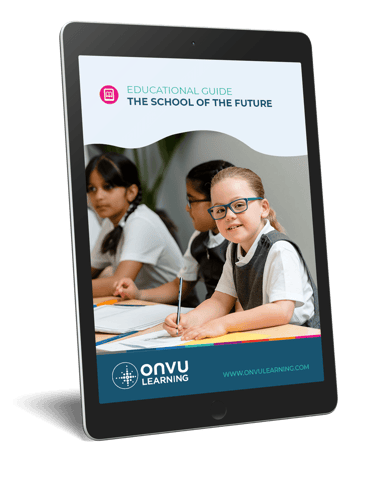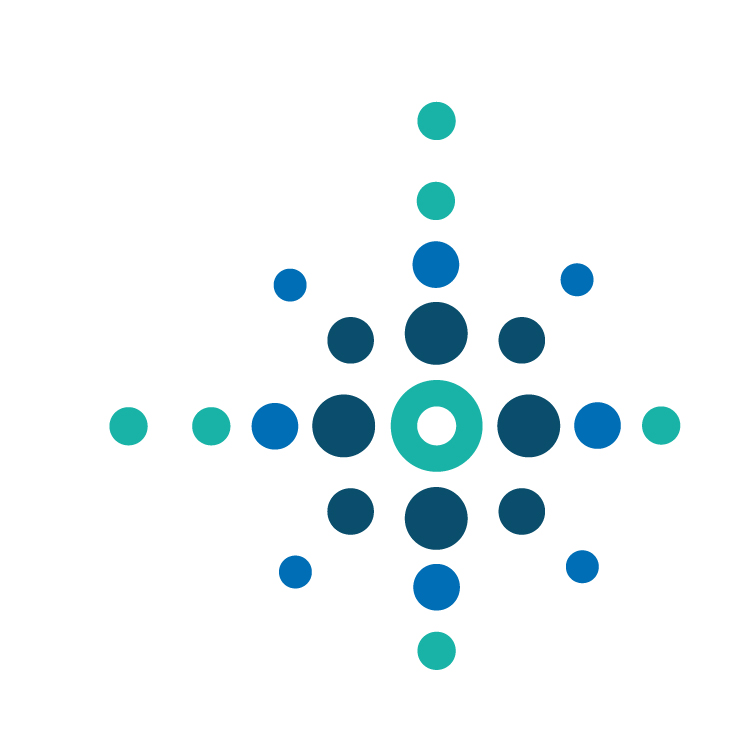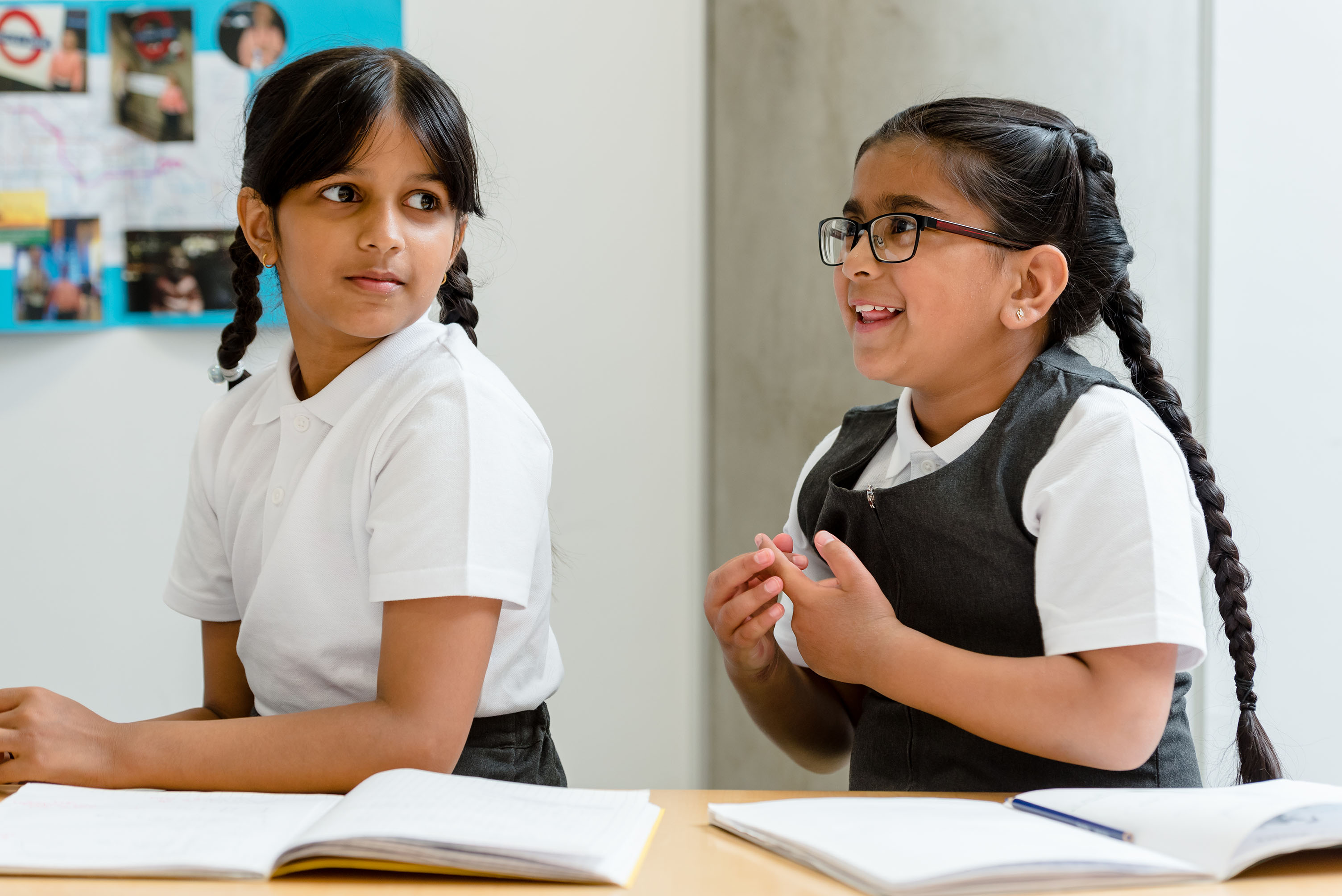- Blogs
- 2 Minute Read



India has now over 1.3 million schools, with 900,000 teachers entering the profession each year. The Government of India has ambitious plans for them – with the Prime Minister Mr Narendra Modi pledging that ‘the quality of our teachers should command worldwide respect’. In order to achieve this goal, the Indian Government has launched the ‘National Initiative for Schools Heads and Teachers Holistic Advancement’ (NISHTHA) now in 2019.
The programme brings together 33,000 trainers and the latest digital technology and content, with the aim of improving the capacity of over 4.2 million teachers. Teachers involved in the initiative will be required to complete a minimum of 50 hours continuous professional development (CPD) each year.
Launching NISTHA, Minister Shri Ramesh Pokhriyal said that the basic aim of the programme was to motivate and equip teachers to encourage and foster critical thinking in students. It covers a wide range of areas – from teaching and learning to safeguarding and security to health and well-being – that are key to teacher and school performance.
If you would like to know more about how ONVU Learning can help your school improve its teaching and learning, get in touch with our team now.

The School of the Future Guide is aimed at helping school leaders and teachers make informed choices when designing the learning environments of the future using existing and upcoming technologies, as they seek to prepare children for the rest of the 21st century – the result is a more efficient and competitive school.
KEEP IN TOUCH WITH ONVU LEARNING AND RECEIVE THE LATEST NEWS ON EDTECH, LESSON OBSERVATION, AND TEACHER TRAINING AND DEVELOPMENT.